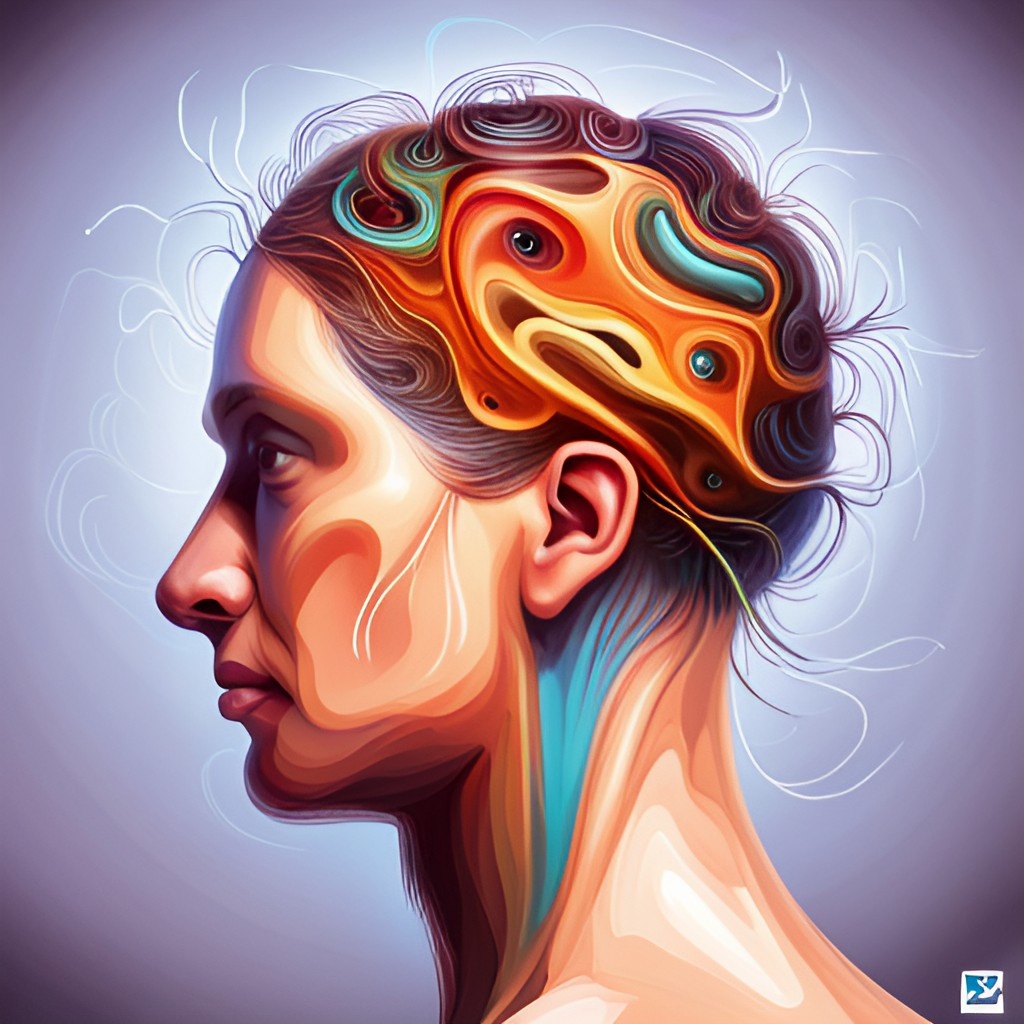How The ADHD Brain affects Marriages

An “ADHD brain” refers to the brain of a person with Attention Deficit Hyperactivity Disorder (ADHD). ADHD is a neurodevelopmental disorder that affects both children and adults. It is characterized by persistent patterns of inattention, impulsivity, or hyperactivity that are more frequent and severe than is typically observed in individuals at a comparable level of development.
When ADHD is part of a marriage, it can bring its own set of complexities to the relationship dynamics. Understanding these dynamics is key to fostering a healthy and supportive partnership.
ADHD is characterized by symptoms such as impulsivity, inattention, and hyperactivity. These traits, while challenging, are not indicative of a person’s willingness or ability to love. They are, however, manifestations of how an ADHD brain is wired and can impact interactions within a marriage.
These are some of the ways the ADHD brain affects a marriage
Communication
Communication, the lifeblood of any relationship, can be impacted by ADHD. An individual with ADHD may struggle with listening attentively due to difficulties with focus and attention. This could potentially lead to misunderstandings or feelings of being unheard or ignored by a partner
Organization and Responsibility
ADHD can also affect a person’s organizational skills and sense of responsibility. Forgetting important dates, neglecting household chores, or struggling with time management are common issues. This can result in an imbalance in shared responsibilities, causing frustration and resentment
Impulsivity
Impulsivity, another hallmark of ADHD, can lead to spontaneous decisions without discussing with a partner. This lack of forethought can strain the mutual decision-making process within a marriage
Strategies for navigating ADHD in marriage
While these challenges might seem daunting, there are many strategies couples can employ to navigate the effects of ADHD on their marriage.
Empathy and Understanding
Firstly, understanding that ADHD is not a choice but a neurological condition is crucial. Empathy towards a partner with ADHD can foster patience and acceptance, reducing feelings of frustration or resentment
Open Communication
Encourage open and honest communication. If you’re a partner with ADHD, express your challenges and needs clearly. If you’re a non-ADHD partner, communicate your feelings without blaming or criticizing.
Seek Professional Help
Professional counseling or therapy can be beneficial. Therapists can provide tools and strategies to manage ADHD symptoms and improve relationship dynamics
Establish Routine
Creating routines can help manage tasks and responsibilities. Using reminders, calendars, and other planning tools can assist in managing time and tasks more effectively.
ADHD does bring challenges to marriages, but it’s important to remember that every marriage has its unique set of challenges. With understanding, communication, and a willingness to adapt and grow together, couples can navigate the impact of ADHD on their relationship, building a stronger bond in the process.
Remember, your ADHD is just one facet of who you are. It doesn’t define your capacity to love, nurture, and maintain a healthy, fulfilling marriage.
If this sounds familiar to you book a consultation call
